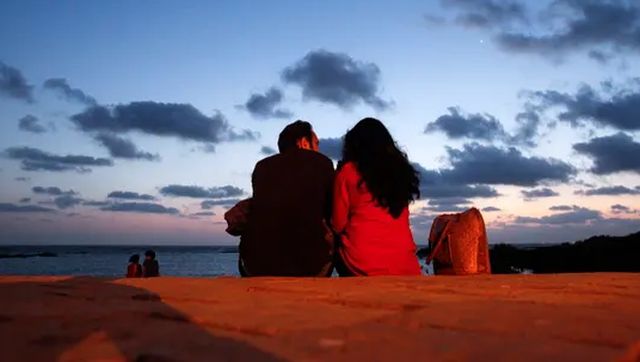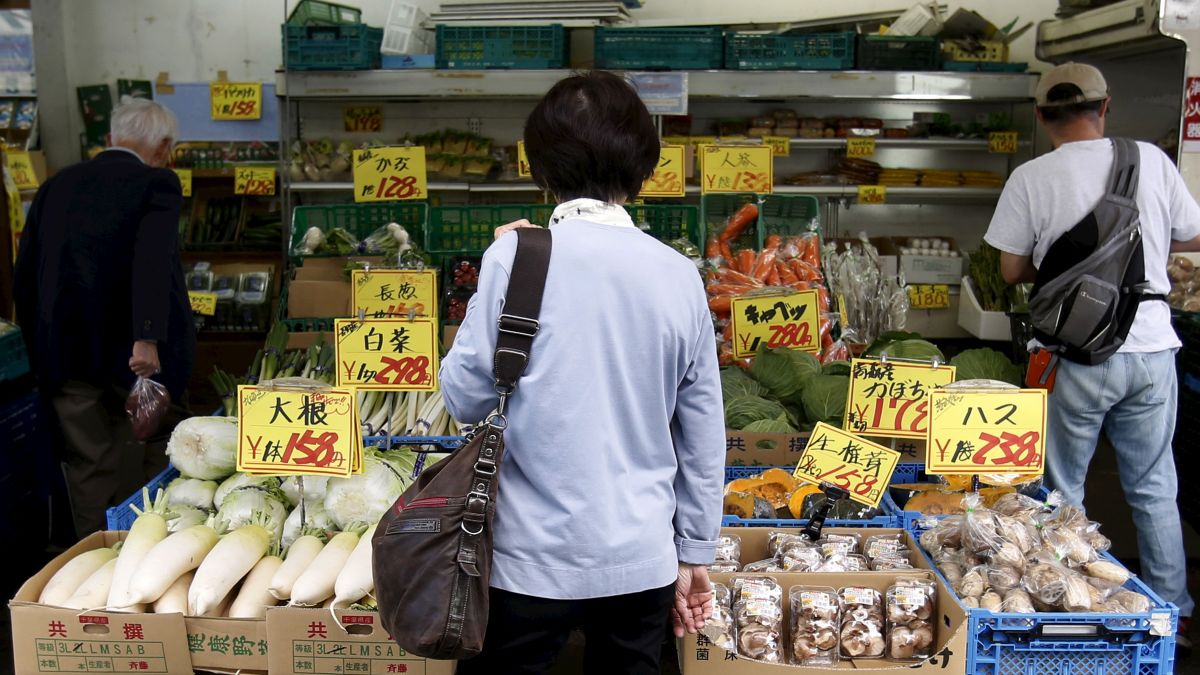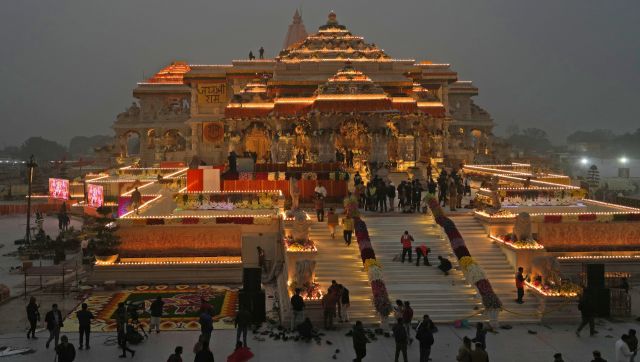The Supreme Court on Friday ruled that the “right to die with dignity” is a Fundamental Right. In a landmark ruling that is likely to have far-reaching impact, the court legalised passive euthanasia “under certain guidelines” and also recognised the validity of a living will.
The decision drew mixed reactions from various sections of society. While many experts lauded the court for recognising dignity in death, there were also many who raised fears about how it would be implemented.
Noted lawyer Prashant Bhushan , who argued the case in the court on behalf of the petitioner, the NGO ‘Common Cause’, termed it a “historic” decision while speaking to the media.
Kudos to SC for clearing air on passive euthanasia&living will.Ct holds that every person has right to refuse treatment.Doctors&kin must respect it.If he has left 'living will' that he mustn't be kept on life support,it must be followed. Doctors&kin can decide for unconscious ppl
— Prashant Bhushan (@pbhushan1) March 9, 2018
Speaking to CNN News18, human rights activist Pinky Virani , who had filed a petition in the Supreme Court on behalf of Aruna Shanbaug , the King Edward Memorial (KEM) Hospital nurse who was raped and rendered comatose for 40 years, said, “The credit for the Supreme Court order goes to Aruna Shanbaug who lived in sad circumstances for 40 years.” Lawyer RR Kishore told CNN-News18 that he believed the verdict was a “profound judgment, not only in the Indian context, but a path-breaking pronouncement for the global community”. Naresh Trehan of the Medanta Hospital told CNN-News18 that the Supreme Court ruling will stop a lot of pain and also lessen expenses. “When there is no hope of recovery, who are we to torture if someone wants a peaceful exit,” Dr Surendra Dhelia, secretary of the Society for the Right to Die with Dignity, told CNN-News18. BJP leader Subramanian Swamy tweeted saying that he “welcomed” the Supreme court judgment.
#RightToDie - I welcome the Supreme Court ruling on #euthansia: @Swamy39, BJP #DieWithDignity pic.twitter.com/oqY0I7ZQHA
— News18 (@CNNnews18) March 9, 2018
Laxmi Yadav , a differently abled woman from Bhopal, who had written to former president Pranab Mukherjee and Prime Minister Narendra Modi seeking euthanasia after failing to find a job for several years, hailed the verdict and said it is good that “people can now die with some self-respect”.
This is a monumental verdict. It is good that people can die in peace with some self-respect: Laxmi Yadav, who wrote to Prime Minister & President for #Euthanasia pic.twitter.com/K0WvKFcYxn
— ANI (@ANI) March 9, 2018
However, there were also many who raised concerns over the ruling. Activist Rahul Easwar said there was “nothing progressive” about the right to die.
Right to Life is there, no Right to Die. There is nothing 'progressive' about "Right to Die"
— Rahul Easwar (@RahulEaswar) March 9, 2018
Passive #Euthanasia today is a partial acceptance of Active #Euthanasia tomorrow. :-( https://t.co/k6UdI2xxYW
The Lavate couple from Mumbai, who had written to President Ram Nath Kovind in January seeking permission for “active euthanasia”, also said they were not “fully satisfied” with the Supreme Court ruling.
#RightToDie We're not satisfied with SC's judgement. People above the age of 75 should be given this right. They can verify the details of these people from police & doctors. Govt should come up with a policy: Mr & Mrs Lavate, who had asked for #euthanasia. #DieWithDignity | ANI pic.twitter.com/ryzQfEMERy
— News18 (@CNNnews18) March 9, 2018


)




)
)
)
)
)
)
)
)